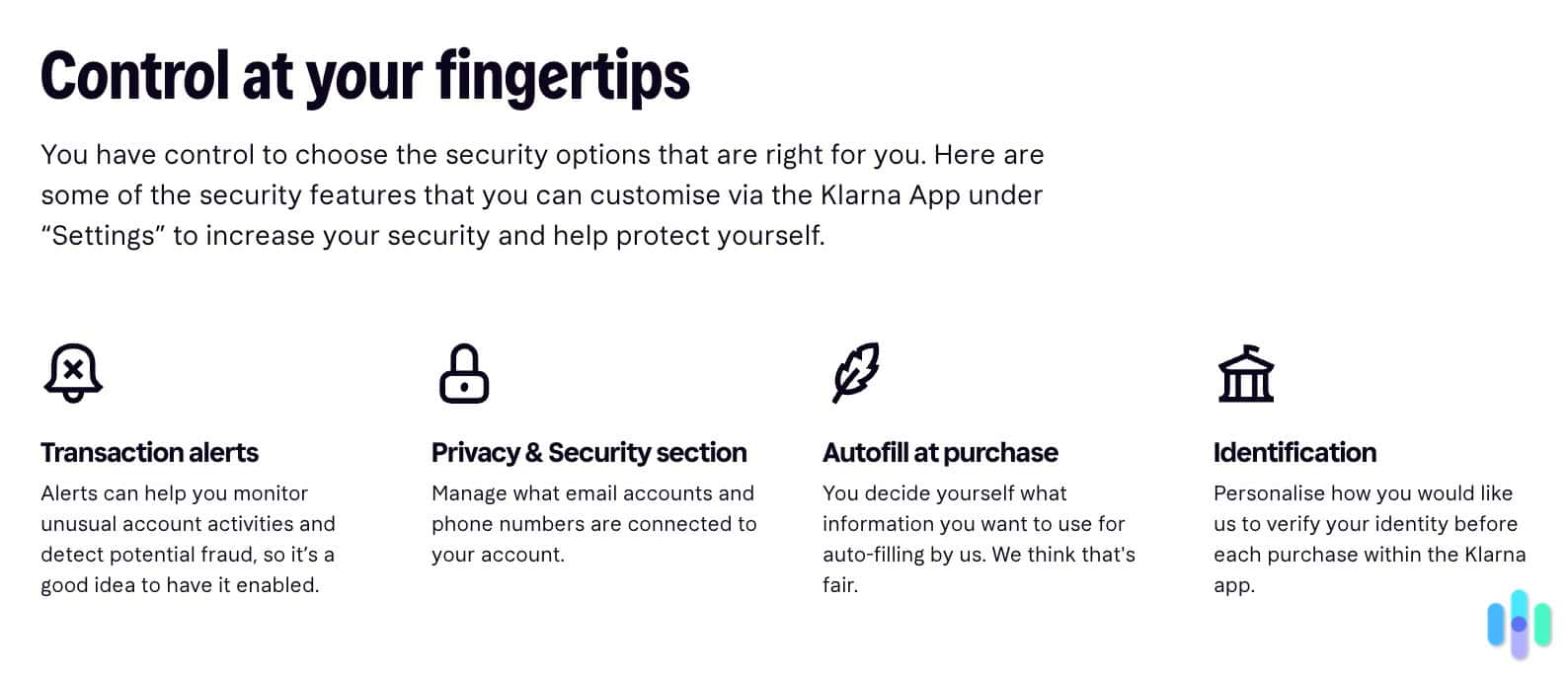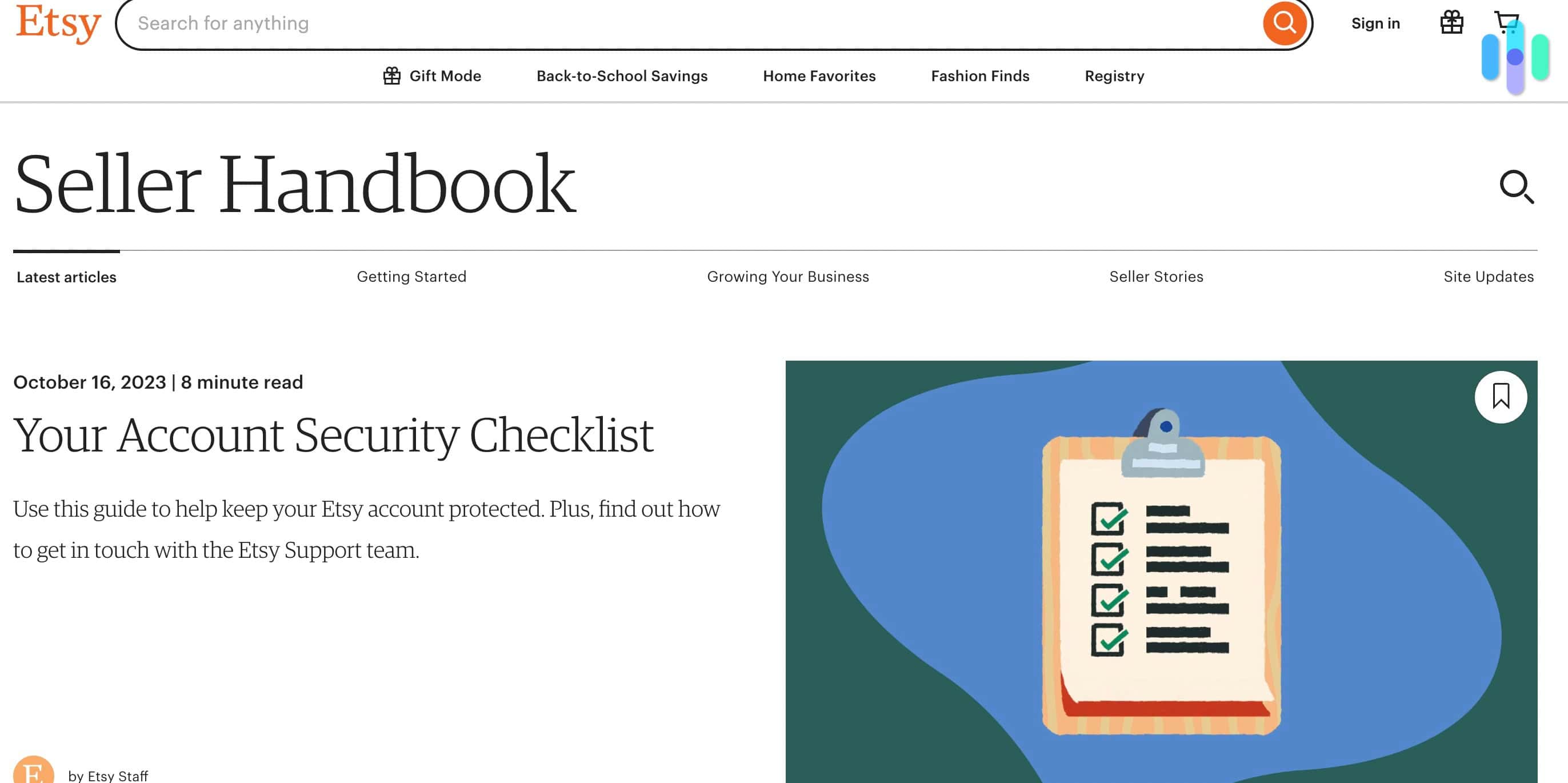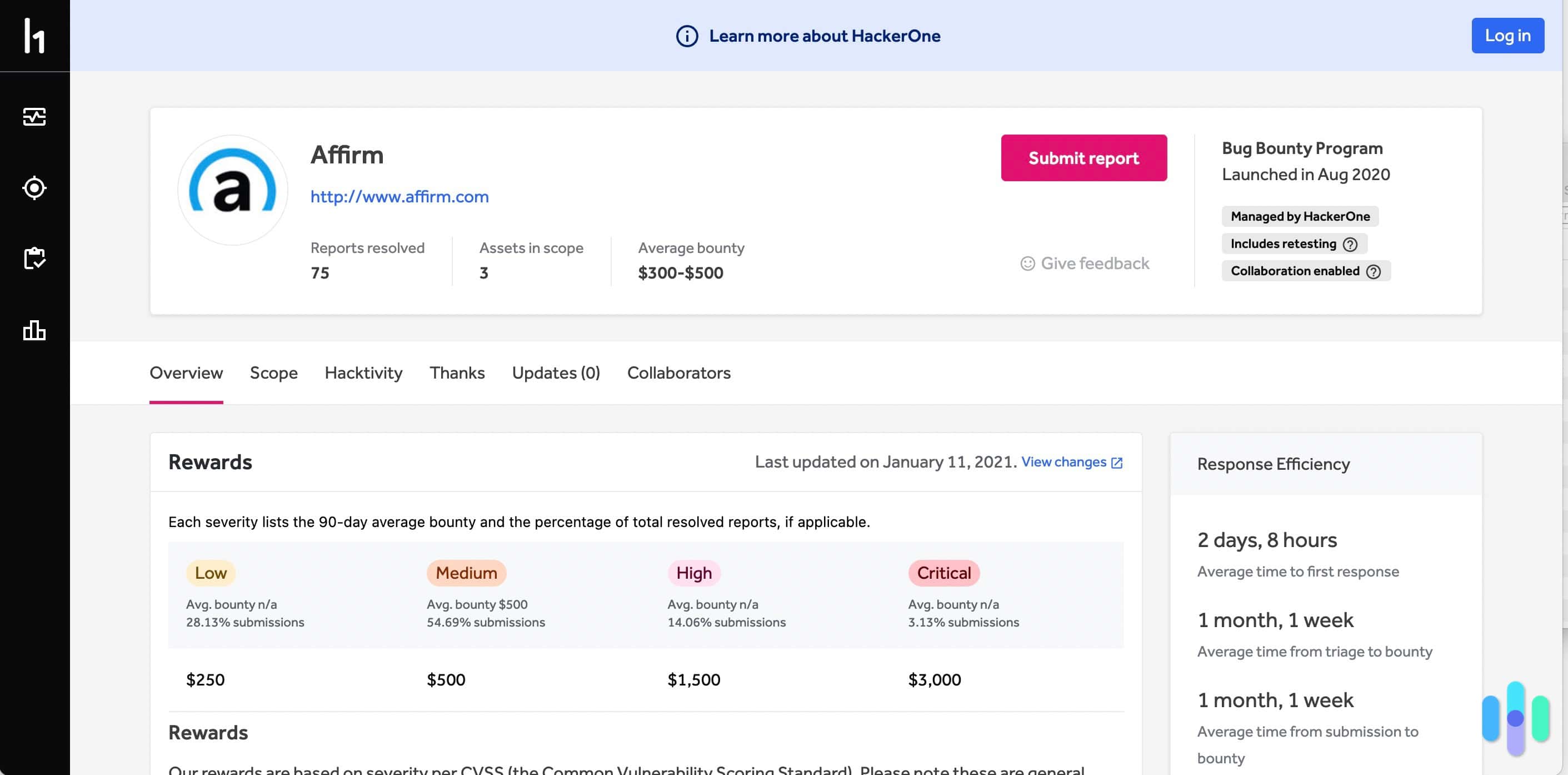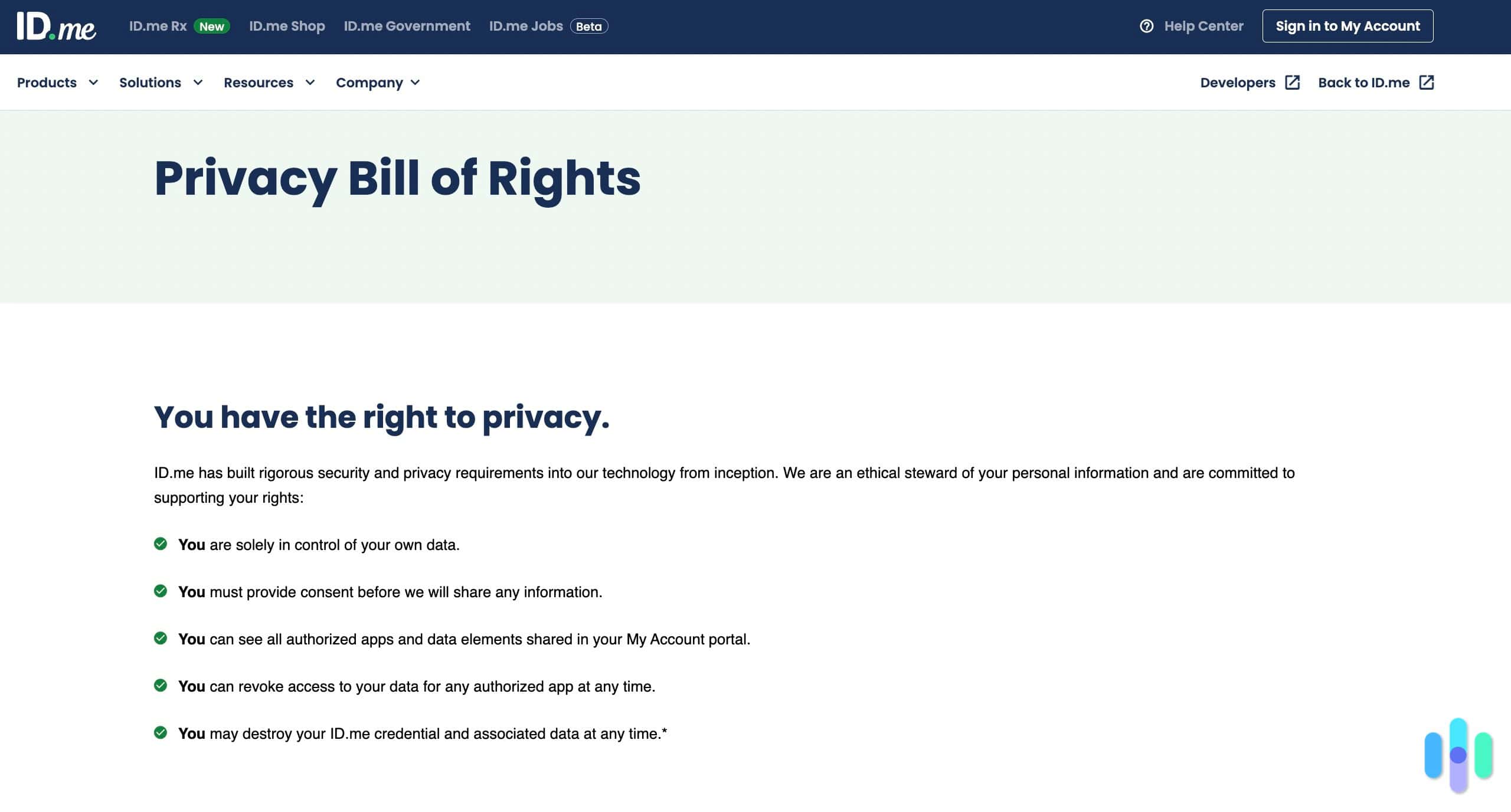Since Snapchat hit app stores in 2011, it’s seen quite a bit of change. Originally named Picaboo, the app first began by launching stories and geofilters. While the concept is more or less the same, the app has new functions like Memories, Bitmojis, Snap Originals, Spotlight, and even My AI chatbot. It’s still best known for its disappearing messages, though there are dozens of content-hiding apps that kids use these days.
As with most social media platforms, Snapchat’s safety remains a concern for users and parents alike. According to our roundup of cyberbullying statistics, Snapchat is the second-most common platform where kids get cyberbullied. So, those concerns are definitely valid. Yet the app can still be used safely if you take the right precautions and understand how to protect your personal digital security. Still, there are a few risks to consider before using it or allowing minors in your home to download it.
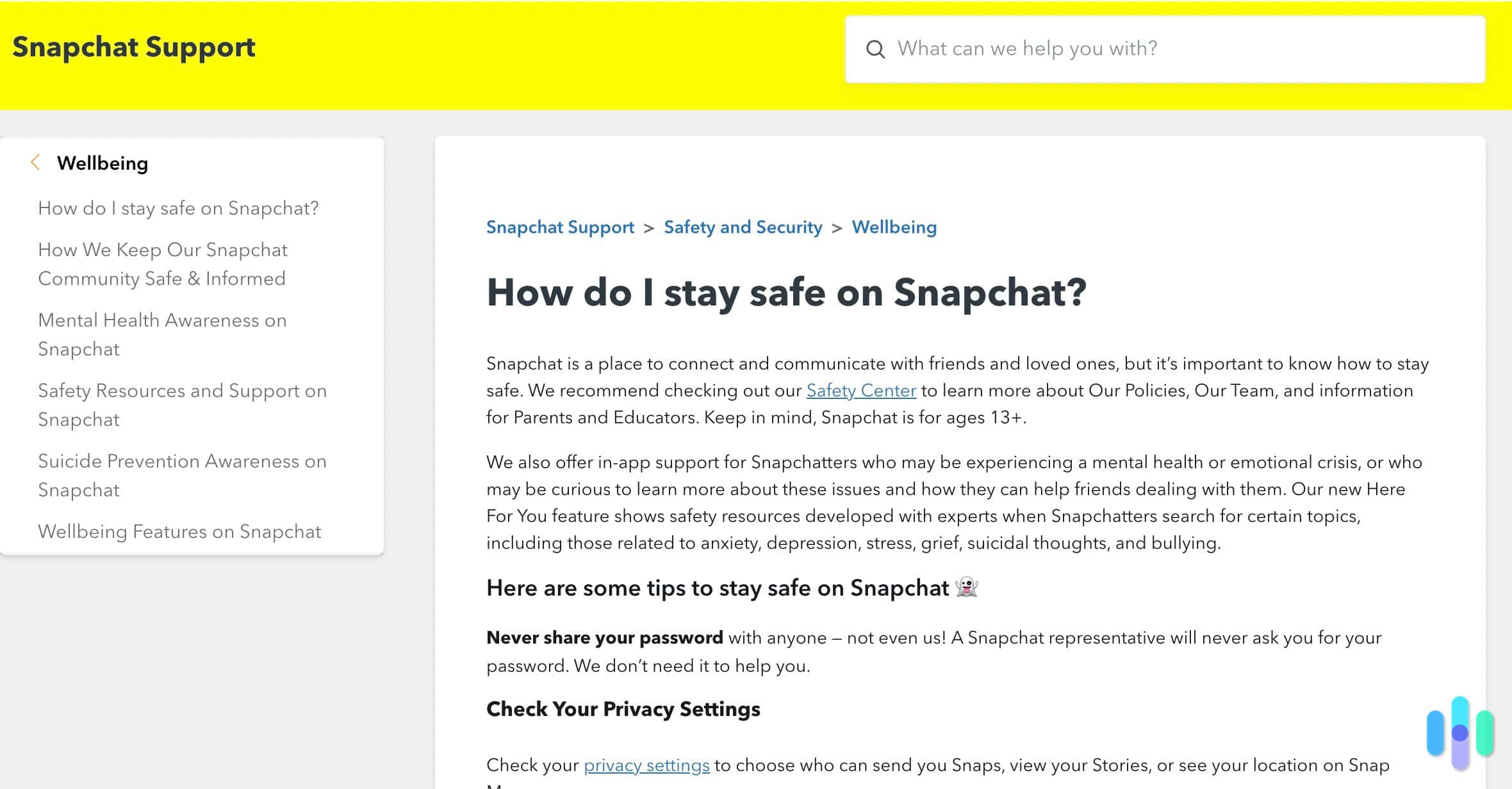
Here’s our take as digital security experts on the overall safety of Snapchat.
Snapchat Scams: What Are They?
Scams have become an unfortunate reality across all social media platforms. While Snapchat actively works to combat fraudulent activity, scammers still target unsuspecting users. The app does its part to help bring awareness to scammers, but unfortunately, many still fall victim to scams on the app. The best way to avoid scams on Snapchat is to be aware of the different schemes people run. You might also want to consider using one of the best VPNs on the market to hide your IP address and other digital data.
The Five Most Common Scams on Snapchat
Here are a few of the most common scams to look out for:
- Romance scams: These sophisticated cons often start on dating apps, where scammers create fake profiles using stolen photos. After building trust with their victims, they’ll suggest moving the conversation to Snapchat for “more intimate” communication. The scammer then gradually manipulates their target into sending money or sharing sensitive personally identifiable information.
- Meeting offline scams: Meet-up scams are usually tied to romance schemes but can be independent of them as well. Fraudsters might also impersonate talent agents, photographers, or modeling scouts to lure victims with promises of career opportunities. Then, they extract money for fabricated costs, travel expenses, or visa fees in the case of romance-related scams.
- Fake contest scams: These scams prey on the excitement of winning a prize or lottery. After notifying you that you won, the criminal requests payment for “processing fees” or “taxes” before sending winnings. The best way to prevent getting scammed is to never give your banking or credit card details in exchange for a prize. The same goes for exchanging money for a prize. Instead, search the official organization online and reach out directly to verify a win.
- Celebrity impersonation or charity scams: Scammers on Snapchat are known to create fake accounts to impersonate celebrities. They use these accounts to message users on the app and ask that money be donated to a charity for one reason or another. Usually, this message will be accompanied by a special link to a fake website where they fraudulently capture your payment information. This is a great example of a phishing scam that’s evolved to appeal to social media users.
- Sugar daddy or momma scams: In some instances, con artists will pose as sugar daddies or sugar mommas to scam younger Snapchat users. They promise lavish gifts and financial support but first request banking details to send payments. This is personal information that should never be shared with unknown people online. If this sounds like something you’ve done, you can still get your identity back with one of our recommended identity theft restoration services.
These are only some examples of the different scams you can encounter on Snapchat. As technology advances, so do scams. The best way to avoid any scam is to refrain from ever sending personal details or money to an unverifiable source for any reason.
FYI: Always verify unexpected requests through official channels, never send money to people you haven’t met in person, and be skeptical of opportunities that seem too good to be true.
Snapchat and Your Privacy
Before signing up for Snapchat, it’s important and helpful to understand its privacy policy. Privacy is a major part of online safety — especially on social media platforms. Another point to consider is exactly what type of data Snapchat gathers, how it’s distributed, and what you can do to control your information.
What Data Does Snapchat Collect?
Snapchat’s privacy policy states that they collect data from three primary sources.1 They gather information during app usage, receive data from third-party partners, and collect additional data with user consent. This is the typical way big tech companies gather data on you. Here’s an overview of the data Snapchat collects:
- Location data: If users grant permission, Snapchat collects precise location information through GPS, Wi-Fi, and cell tower data. This data powers features like Snap Map and location-based filters. It also means your movements are tracked and stored. The app can even collect location data in the background if you’ve enabled certain features.
- Camera information: Snapchat can collect camera information from Apple’s TrueDepth camera. While the company says this data is used to “improve the quality of lenses,” it may not be something you’re comfortable with.
- Personal information: Snapchat collects information that you provide upon signing up. That can include your name, username, password, email address, phone number, date of birth, and any images you set as your avatar. For in-app purchases and Snapchat+ subscriptions, the platform also stores payment details and transaction history.
- Activity data: Snapchat tracks extensive behavioral data to create a detailed profile of your preferences and habits. This includes how you interact with content, which friends you communicate with most, the types of lenses and filters you prefer, and how long you view specific Snaps or Stories.
- Messaging and Snap data: When it comes to your messages and Snaps, those are also recorded by the system and by anyone who decides to copy or save them.
- Device/technical data: Beyond basic device information, Snapchat collects data about your network connections, browser fingerprints, installed apps, and battery level. They also gather information about your contacts if you grant permission, building a social graph of your connections.
FYI: If you’re concerned that someone may try to use your location to their advantage, you should keep it private or change it immediately. Read our post on how to change your Snapchat location.
Does Snapchat Share Data With Others?
In this section, we dive deeper into how Snapchat shares your data with third-parties. According to its privacy policy, the app uses the information it collects to “provide you with personalized products and services.” The platform has become more transparent about data sharing practices, particularly after facing scrutiny from privacy advocates and regulators worldwide.
This increased transparency stems partly from regulations like the California Consumer Privacy Act (CCPA).2 Although, 47 states barely have any data privacy laws — and some have none at all.
>> Related: Is Temu Safe?
What Data Does Snapchat Share With Third-Parties?
Regardless of how you feel about regulations like the CCPA, we’re glad we can get an inside look at the parts of our data that Snapchat shares. When you use Snapchat, here’s what you can expect them to share:
- Snapchat and the public: Your public profile information is visible to all users. That includes your display name, username, Bitmoji, and public content like Spotlight submissions or public Stories. The platform’s Snap Map feature can broadcast your location to friends or even publicly, depending on your settings.
- Third-party apps: Snapchat may share your personal details with third-party apps if you allow it.
- Service providers: Snapchat shares user data with cloud storage providers, analytics companies, and customer support tools to operate the platform. While they claim not to share private communications, metadata about your messages (like timestamps and participants) may be shared.
- Business partners: Snapchat shares your activity details with businesses and other partners to provide services for you. One example of this is using OpenTable within the app to make dinner reservations.
- Legal and safety partners: Snapchat retains the right to share your data with law enforcement agencies, often without requiring a warrant for certain types of information. In the second half of 2024, Snapchat reported receiving nearly 25,000 data requests from the U.S. government3
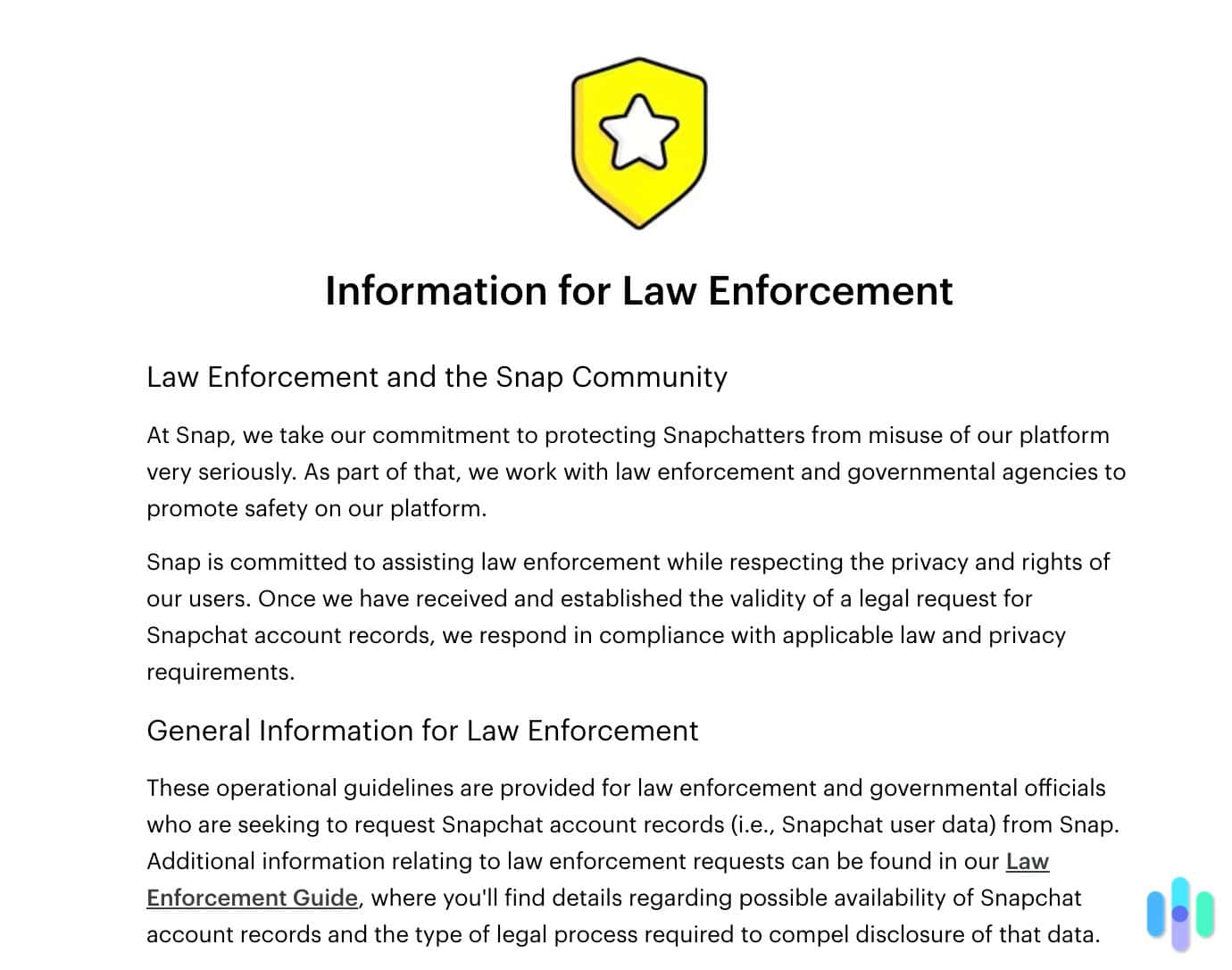
- Affiliates: Sometimes your information may be distributed to internal affiliates and subsidiaries of Snapchat to carry out the app’s services.
- Anti-fraud partners: The platform shares device fingerprints and behavioral patterns with companies specializing in fraud detection, helping identify fake accounts and scam attempts. We think you should take fraud just as seriously with one of the best identity theft protection services with fraud detection.
- For mergers or acquisitions: If Snapchat were to sell the business, they’d be legally able to share your data and information with a new successor or affiliate.
The Facts About Snapchat
| Who owns Snapchat? | Snap Inc. was co-founded by Bobby Murphy and Evan Spiegel. |
|---|---|
| When was the social media app founded? | Snapchat was founded in 2011. |
| How many users does it have? | As of 2025, Snapchat has around 900 million monthly active users around the world.4 |
| How much revenue does it make? | According to Snap Investor Relations, the company made a revenue of $5.4 billion in 2024.5 |
FYI: Snapchat isn’t the only entity collecting and distributing your data. Here’s a guide on how to securely store your information online and offline.
Should You Let Your Kids Use Snapchat?
It’s natural to question whether or not your child should be allowed to use social media. Most parents want stricter regulations on social media platforms to better protect their kids. Snapchat is no exception. Protecting your kids from cyberbullying, online predators, mature content, and child identity theft via social media is usually a top concern for parents. While cyberbullying, online predators, and mature content can find its way into almost any online platform, you can protect your children from identity theft with a quality identity theft protection service for families.
While Snapchat has introduced parental controls through its Family Center feature, managing safety for its 900 million monthly users remains a challenge. The platform’s minimum age requirement is 13, but age verification remains minimal. That makes it easy for younger children to create accounts.
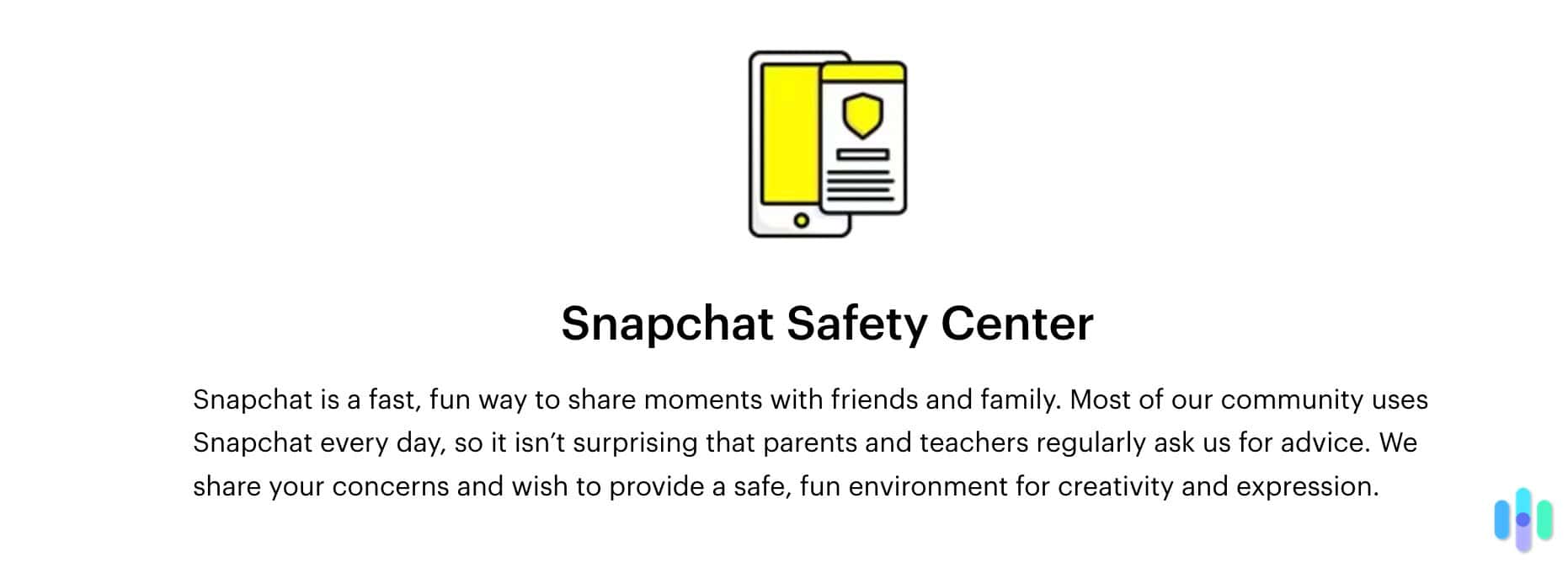
Tips to Keep Your Kids Safe When They Use Snapchat
Here’s what we think parents should keep in mind before letting their kids use Snapchat:
- Privacy and safety: Enable Ghost Mode to hide your child’s location from others, set their account to private so only approved friends can contact them, and regularly review their friends list together. The My AI chatbot can be restricted in parental controls to prevent inappropriate conversations.
- Direct messaging: While Snapchat’s disappearing messages might seem harmless, screenshots and screen recordings can make any content permanent. Educate your children that nothing shared online truly disappears, and establish clear boundaries about what’s appropriate to share. It’s also important to keep an eye out for the 10 most dangerous online challenges that kids record for Snapchat videos.
- Location sharing: Snap Map can reveal your child’s exact location to their entire friends list or even publicly. We strongly recommend keeping location services completely disabled or limited to Ghost Mode only, as location data has been used by predators to track and approach minors.
- Time and distraction: Snapchat’s features like Snapstreaks create psychological pressure to maintain daily app engagement. Consider using the platform’s built-in screen time tools or your device’s parental controls to set healthy boundaries around usage.
Ultimately, the decision to let a kid download Snapchat is up to the parent. While we don’t recommend one route over the other, we urge parents to monitor how their child uses Snapchat.
FYI: The debate on letting kids use social media is ongoing. To help make the right choice, here are four of the most dangerous apps for children.
Recap: Is Snapchat Safe?
Snapchat is undoubtedly an entertaining social media platform. When used correctly, there’s little to be concerned about. Still, it’s important to be aware of what your kids share with the platform and other users to keep your kids safe online. Keeping in mind the risks mentioned throughout this article, as well as how to avoid each danger, can help Snapchat remain enjoyable each time you or your kid hops on.
Snapchat Frequently Asked Questions
-
Can I remove my data from Snapchat?
You may be able to clear different types of data from your Snapchat Settings. This includes conversations, contact data, search history, autofill, lenses, top locations, cache, shopping history, and more.
-
Does Snapchat use cookies?
Yes, Snapchat uses various types of cookies. You can view the Cookie Information Page on Snap.com to find out which cookies they use, for how long, and for what purposes.
-
Are children below the age of 13 allowed on Snapchat?
No, children under the age of 13 aren’t allowed on Snapchat.
-
Can Snapchat access your camera?
Yes, Snapchat can access your camera. However, you must grant the app permission to do so first. You may revoke this permission at any time in your phone’s settings.
-
Does Snapchat show personalized ads?
Yes, Snapchat will show you personalized ads. Since the social media platform is largely supported by advertising, it works with advertisers to show ads to users who may be the most interested in them.




